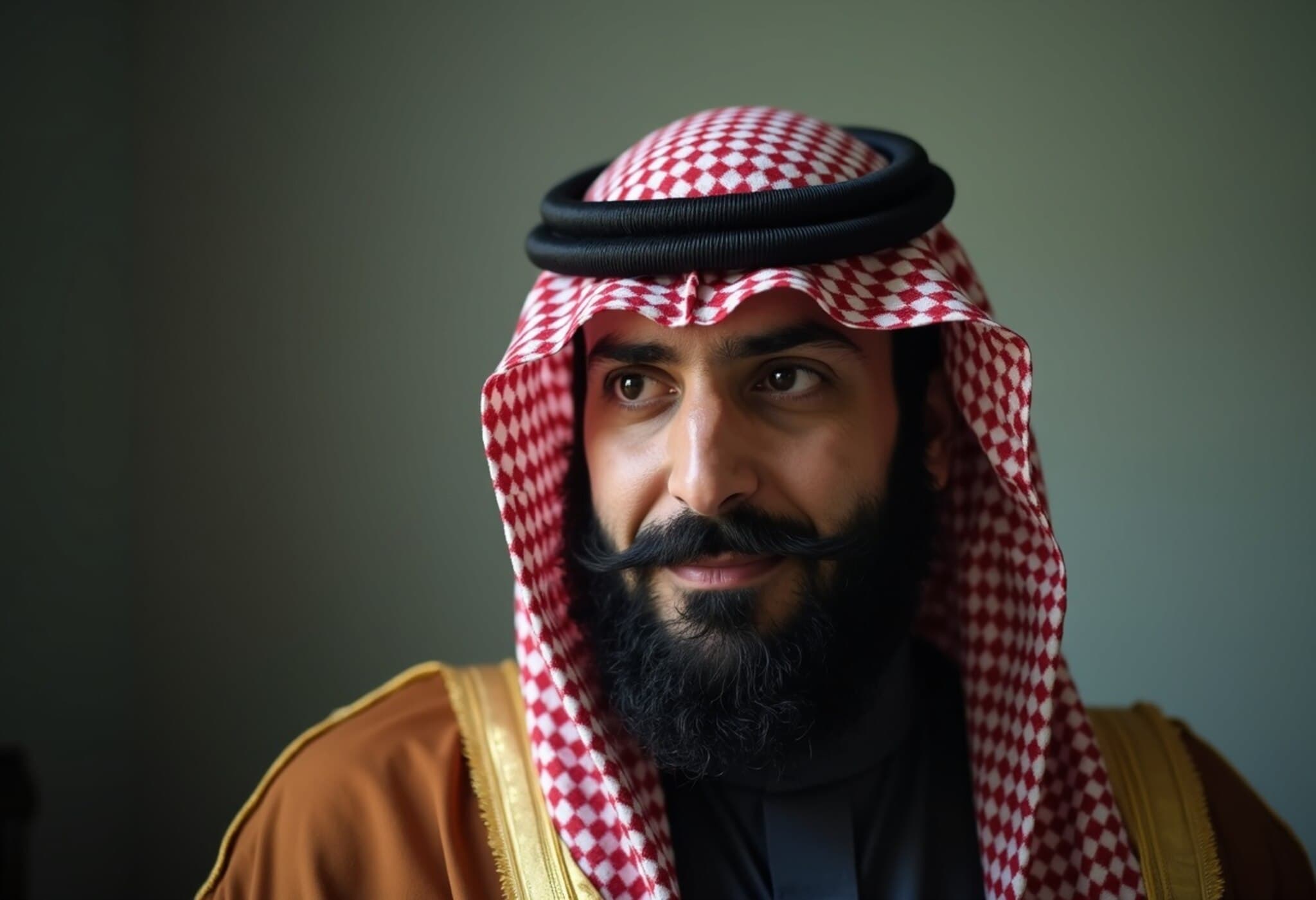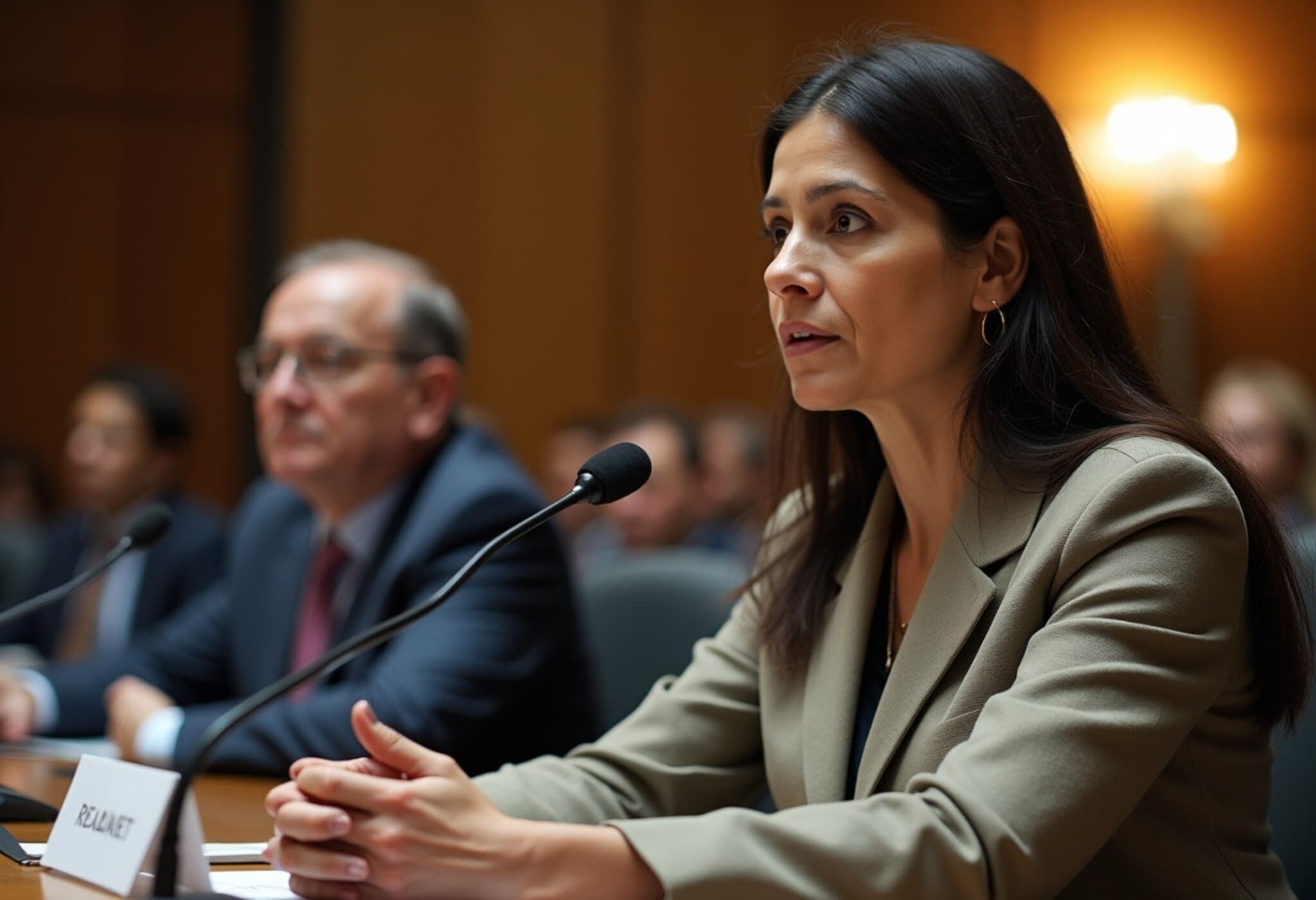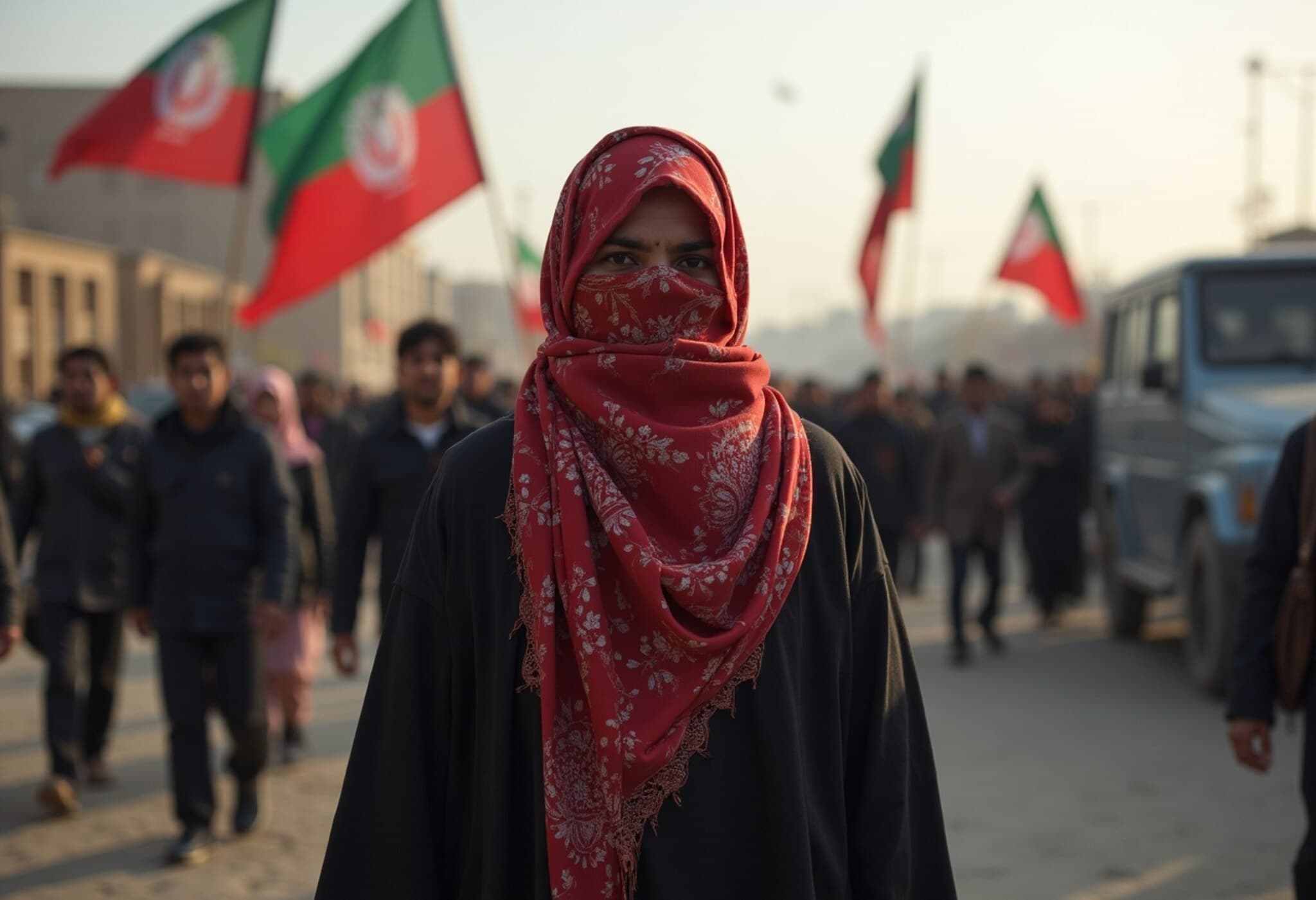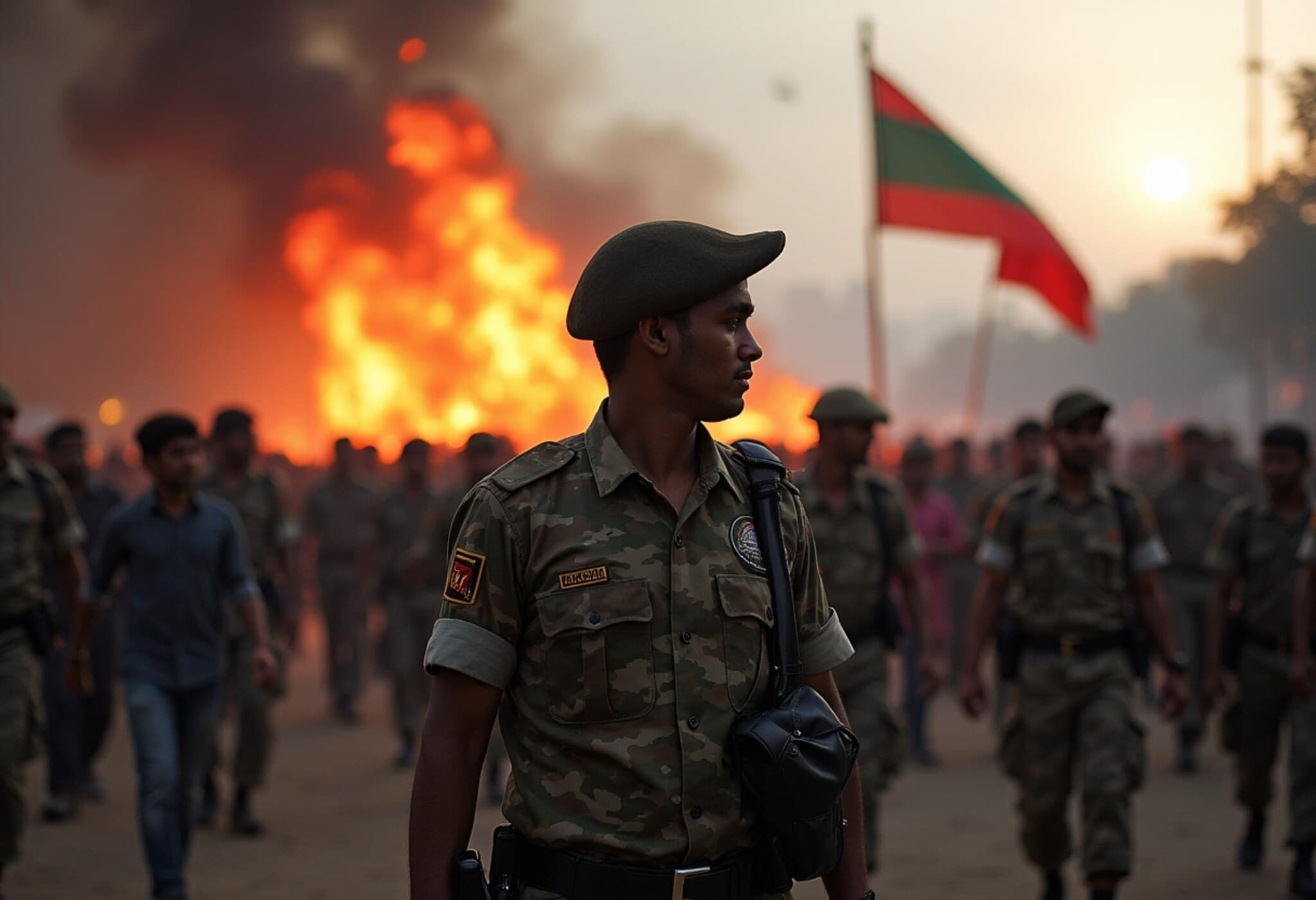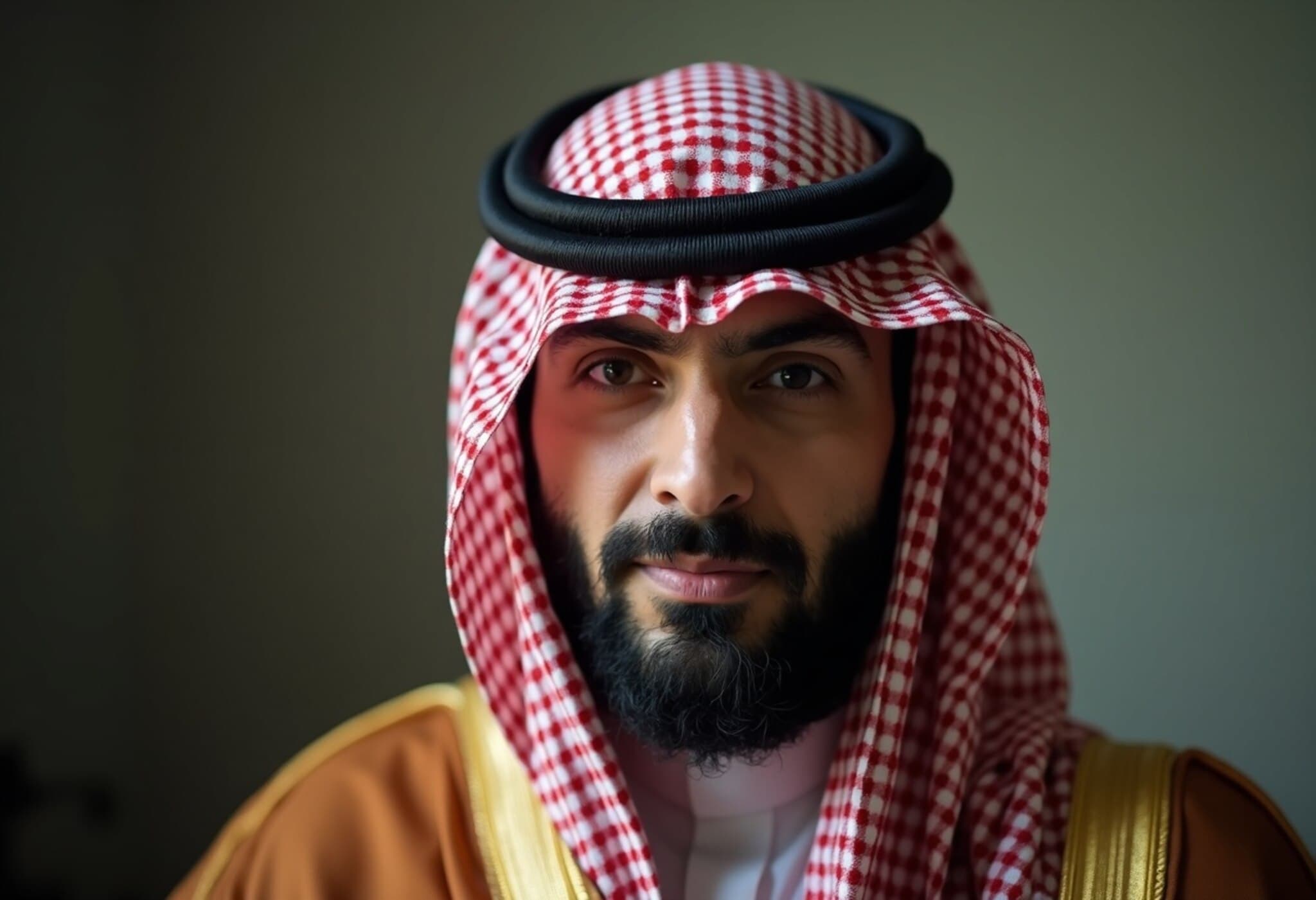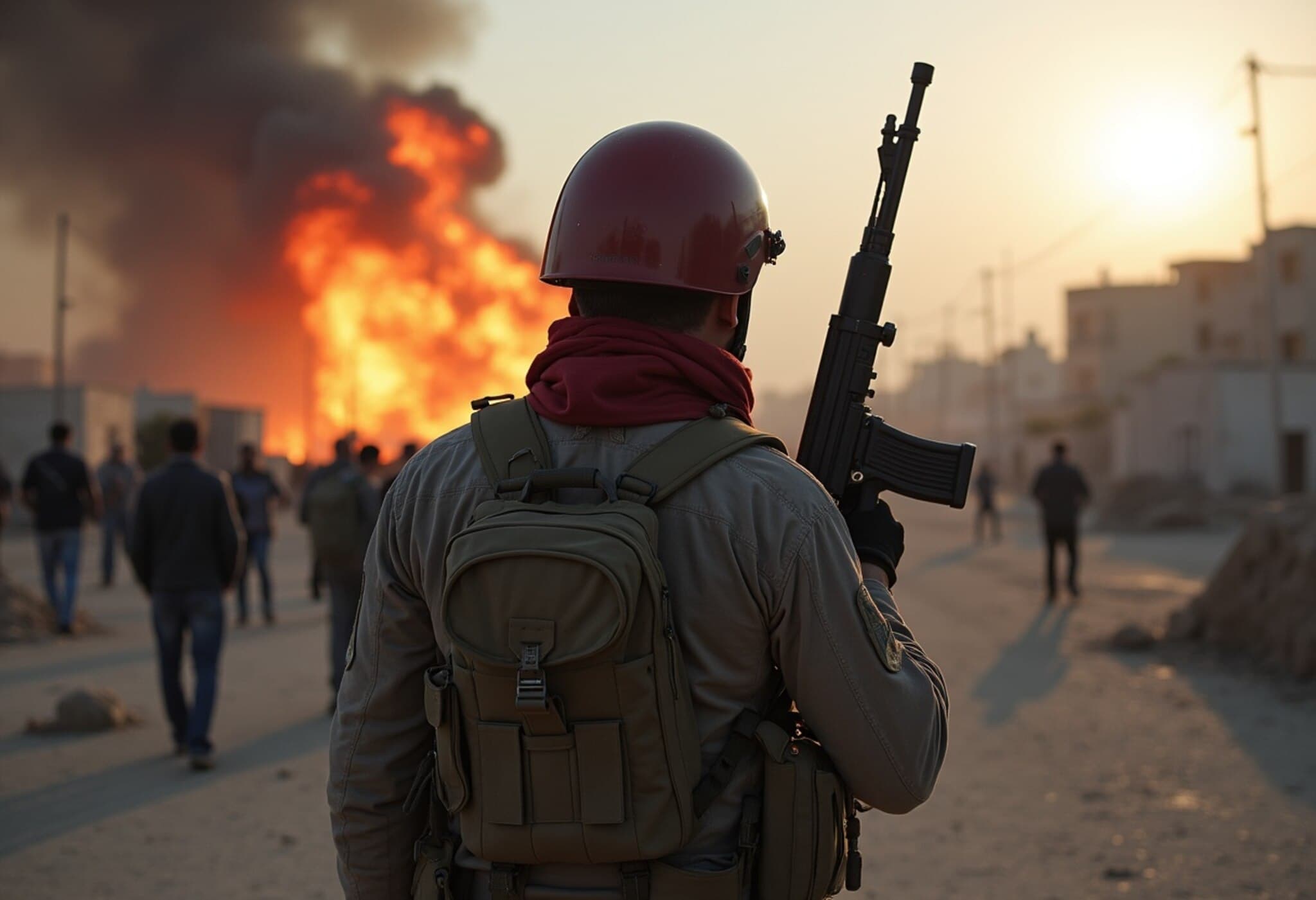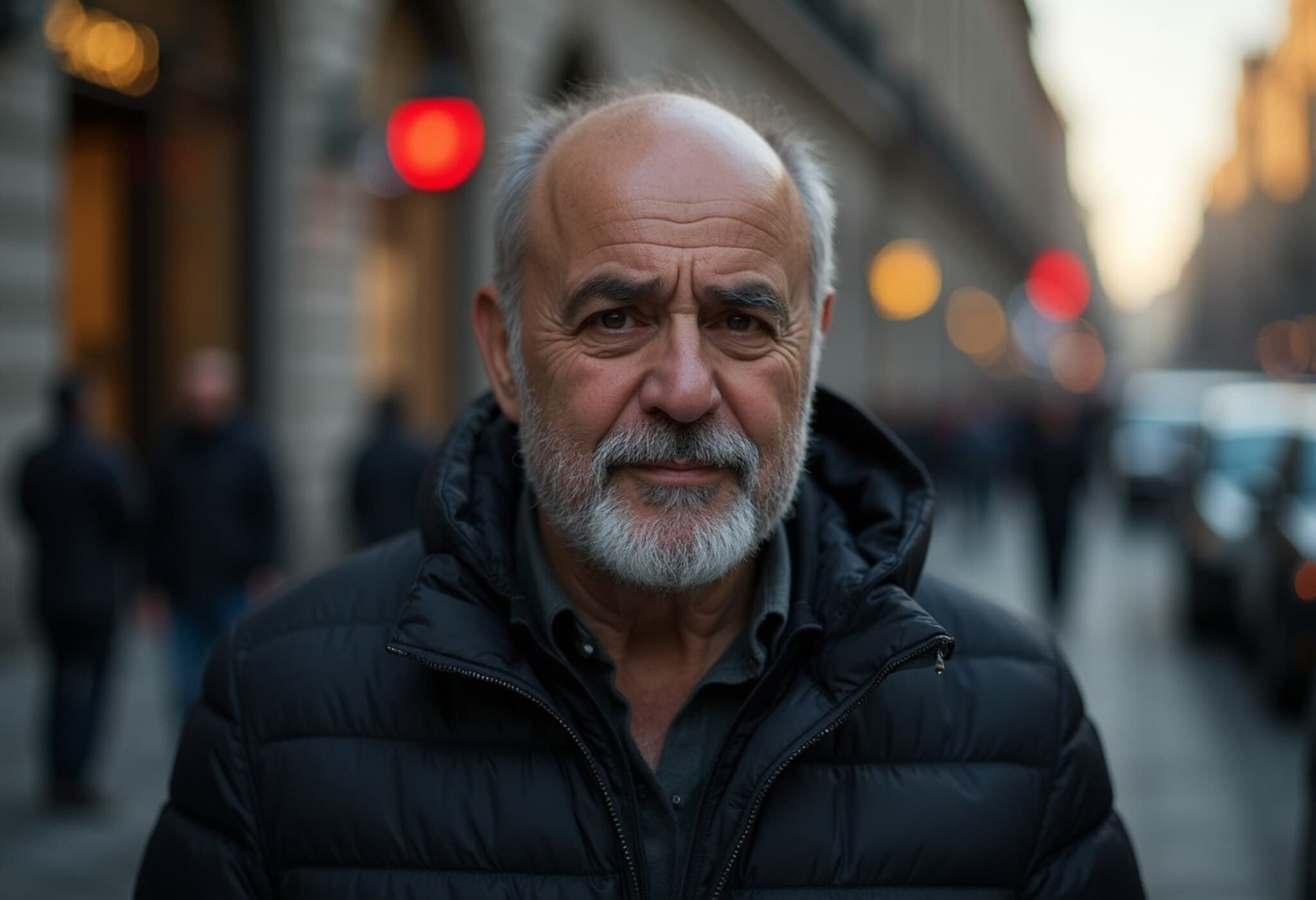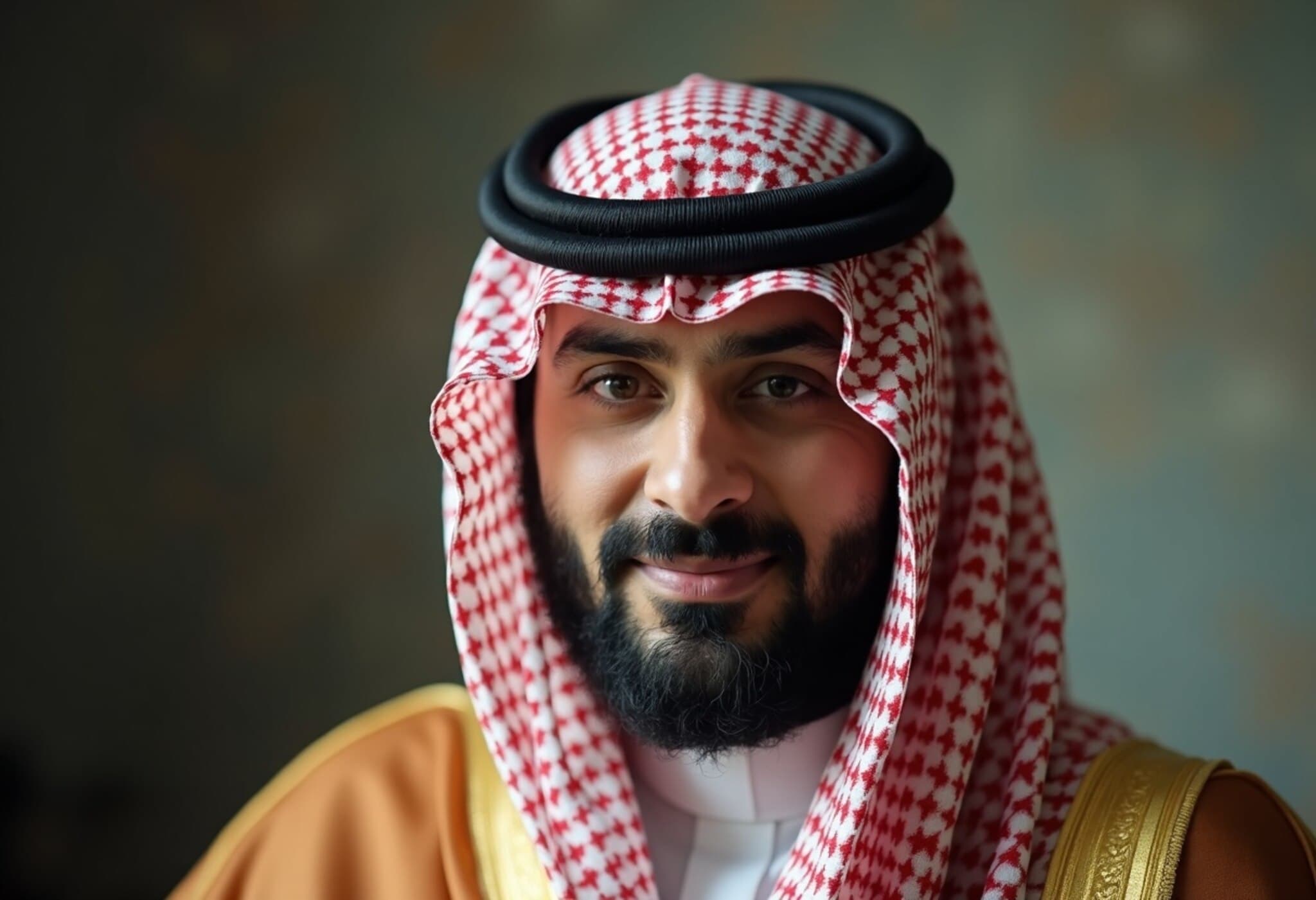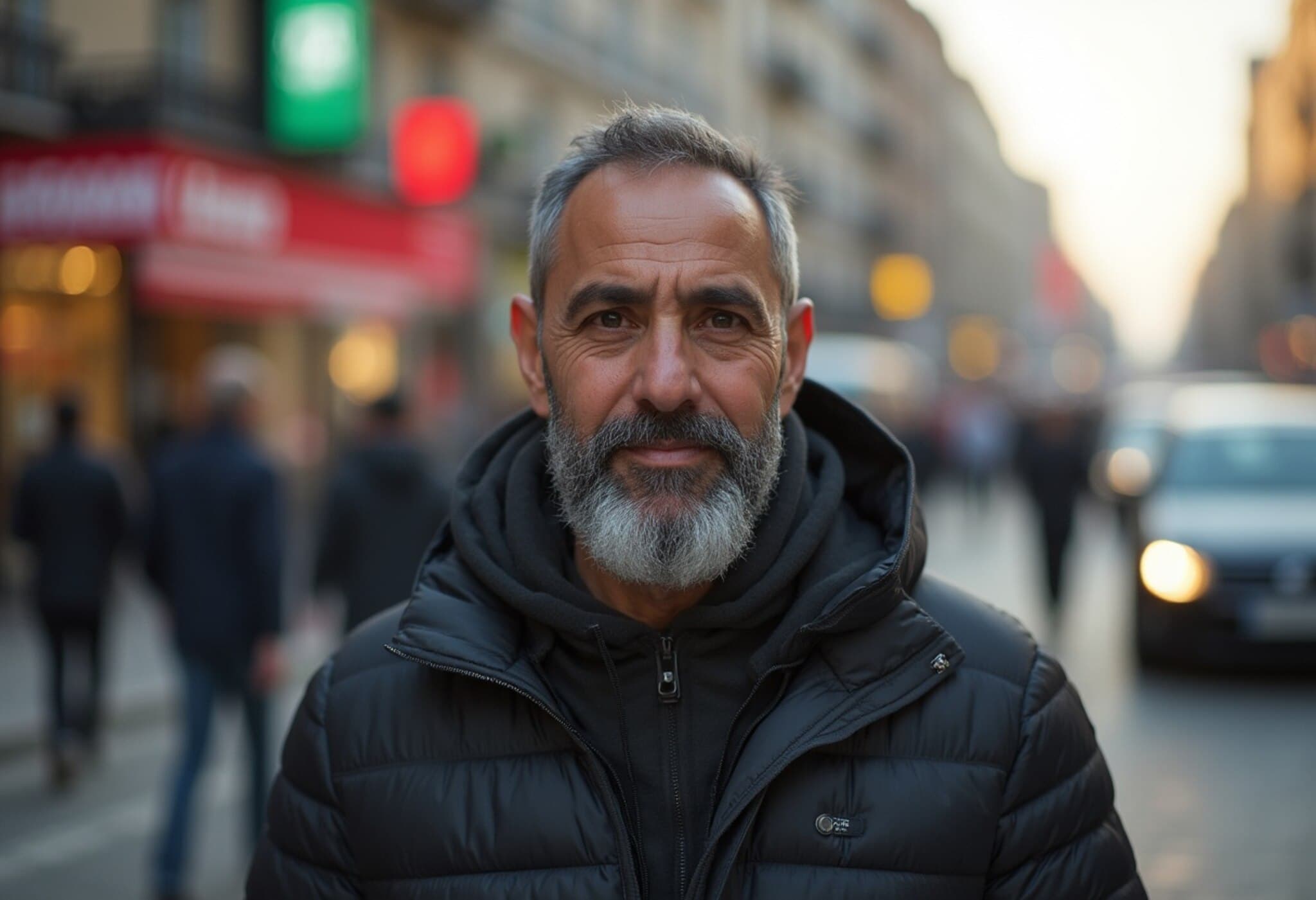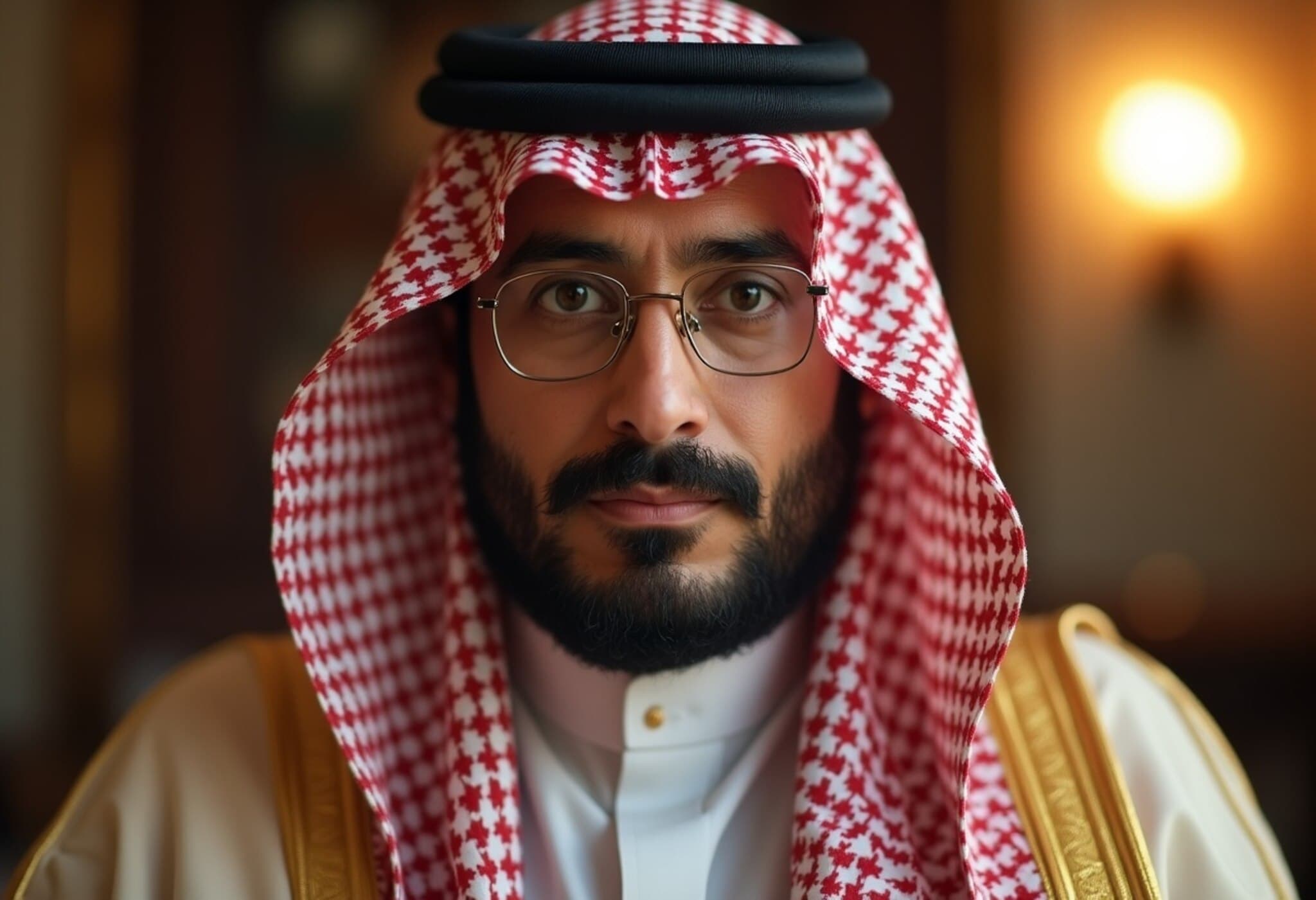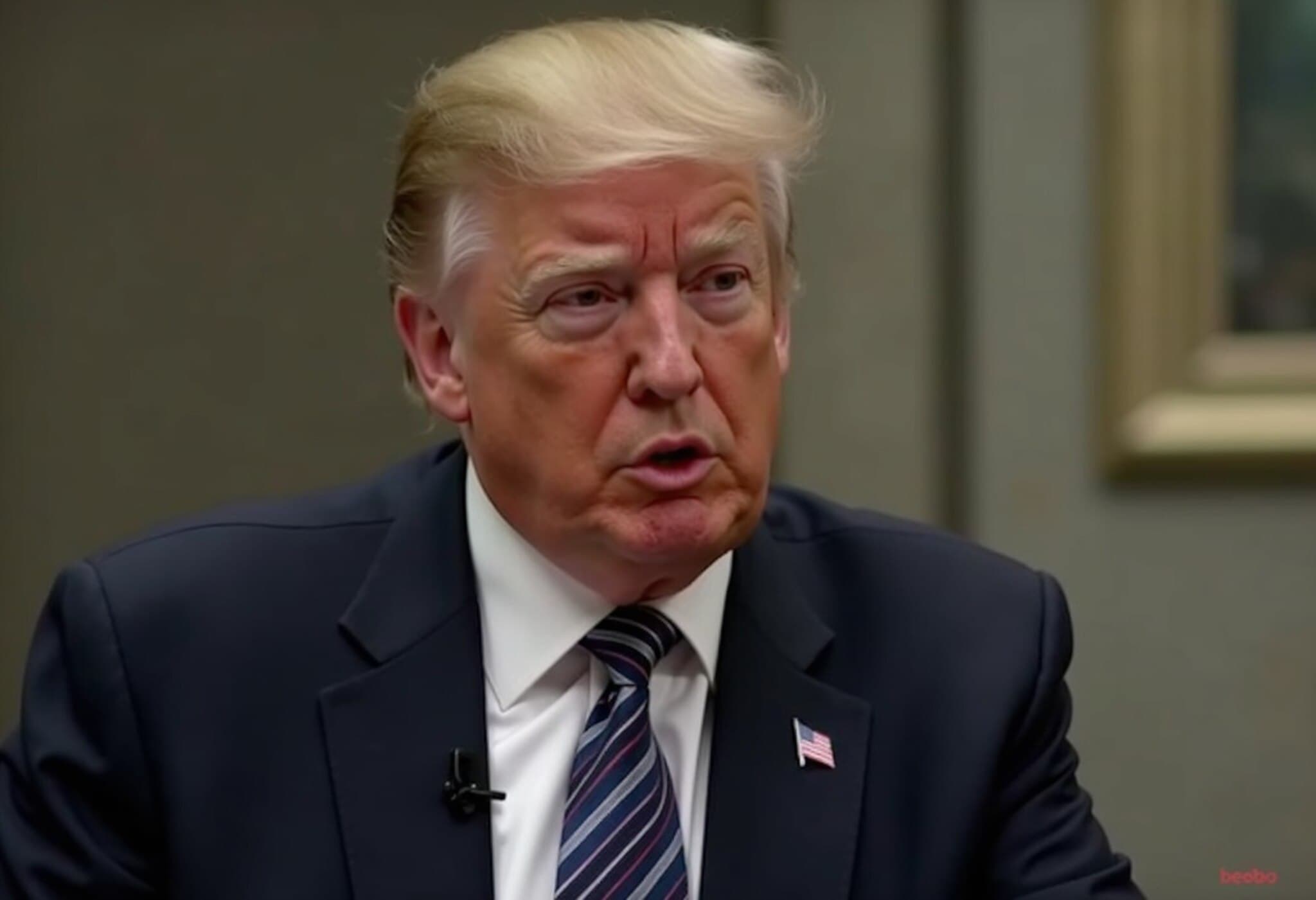Saudi Arabia Executes Journalist After Seven Years in Prison
In a stark reminder of ongoing crackdowns on freedom of expression, Saudi Arabia executed Turki Al-Jasser, a journalist detained for seven years on charges widely believed to be linked to his social media activity. The capital punishment followed the country’s highest court upholding his death sentence.
Arrest and Trial Details Remain Unclear
Al-Jasser, in his late 40s, was arrested in 2018 during a security raid on his home where authorities confiscated his electronic devices. However, key details about his trial—such as its location and duration—have not been disclosed publicly.
Accusations Rooted in Social Media Posts
Authorities accused Al-Jasser of terrorism and treason, charges human rights organizations argue stem from his online posts. He reportedly managed a social media account that exposed alleged corruption within the Saudi royal family and criticized armed factions. Additionally, Al-Jasser was known for his writings on the Arab Spring, women's rights, and systemic corruption, having maintained a personal blog from 2013 to 2015.
Human Rights Concerns and Broader Pattern
Advocacy groups denounce the sentencing as a covert retaliation against journalism. One watchdog emphasized that the lack of international accountability following the killing of another prominent journalist emboldened the kingdom’s leadership to intensify crackdowns on press freedom.
Critics highlight that Al-Jasser’s trial was entirely secretive, conducted without transparency or fair process. Saudi Arabia’s use of capital punishment remains highly controversial; in 2024 alone, human rights organizations estimate the kingdom executed 330 individuals.
Context of Suppression in Saudi Arabia
- In recent months, a British analyst was sentenced to 10 years reportedly for a deleted social media post.
- A dual US-Saudi national was imprisoned over tweets made outside Saudi Arabia, released only after two years but barred from leaving the country.
- The 2018 assassination of journalist Jamal Khashoggi at the Saudi consulate in Istanbul remains a stark symbol of the dangers faced by dissenting voices—a murder that US intelligence agencies link directly to top Saudi leadership.
These events paint a grim picture of the risks journalists and activists face in Saudi Arabia, where expressing dissent or exposing corruption often invites severe consequences.

